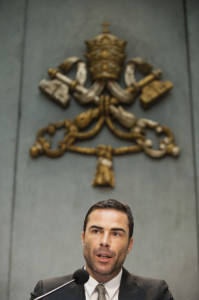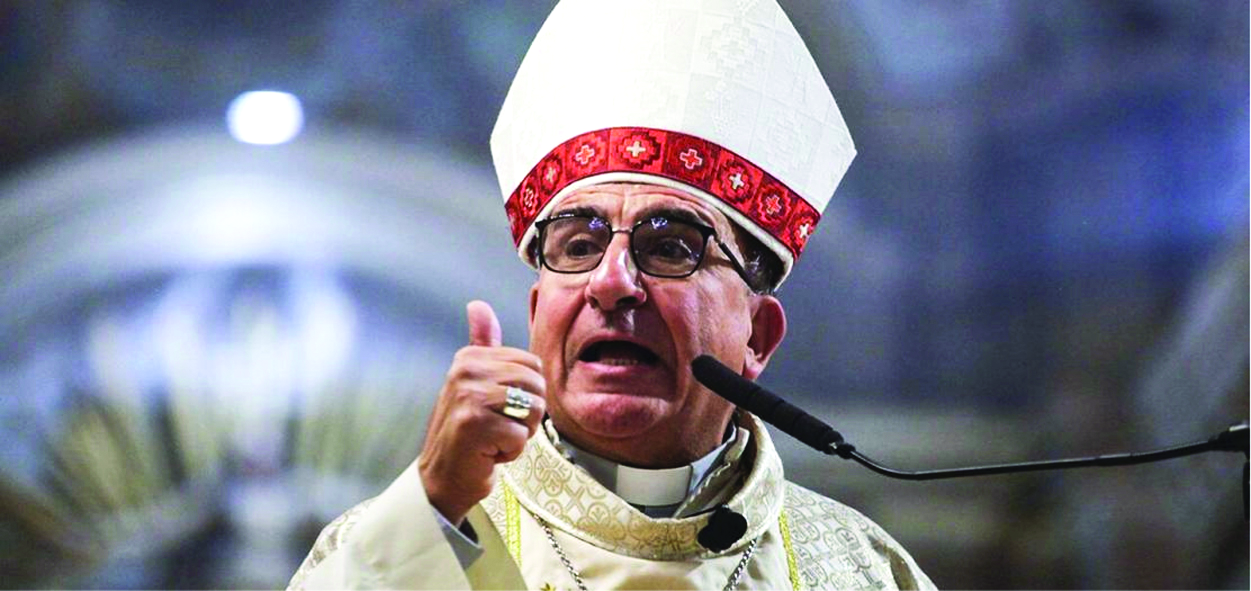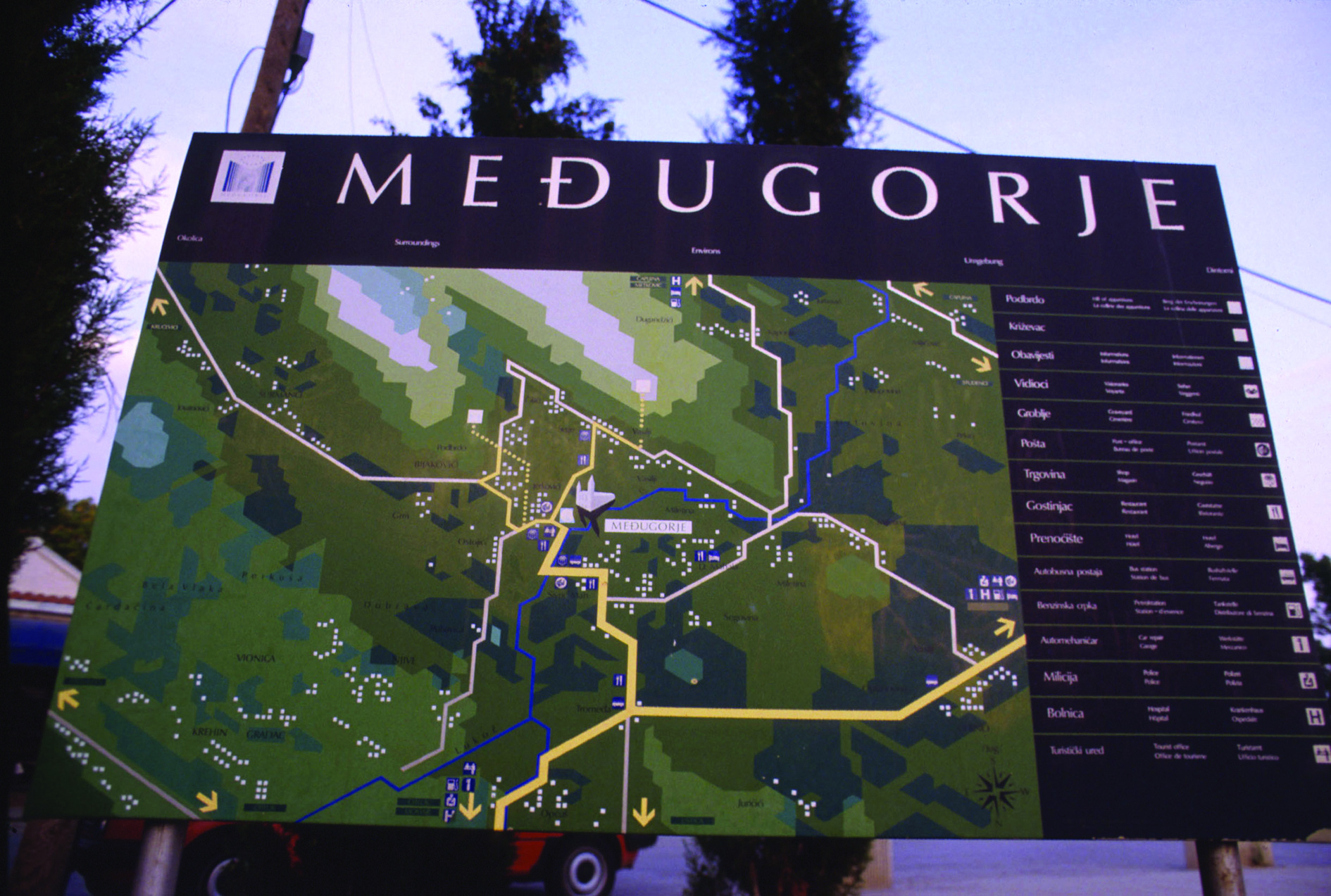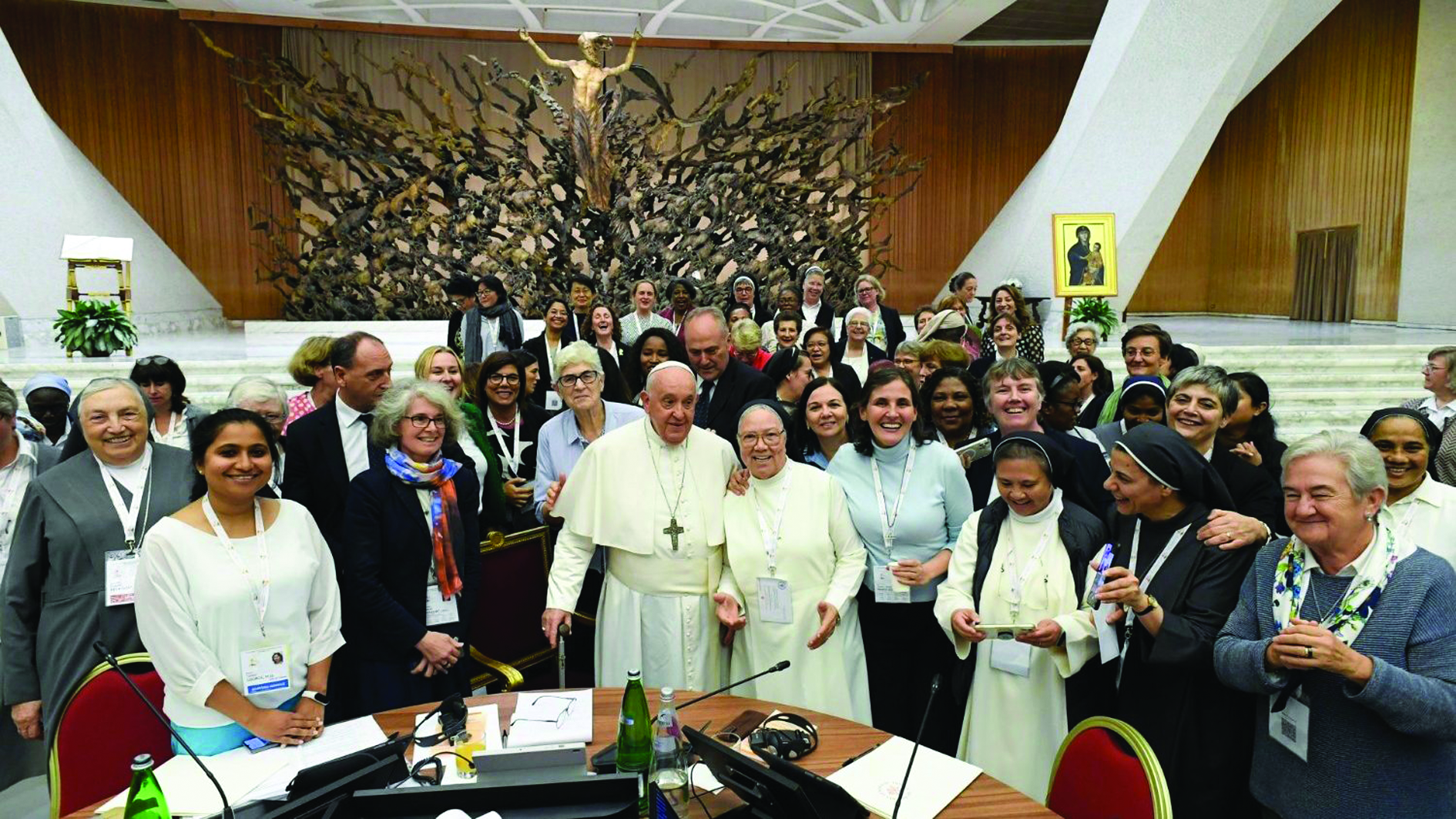Interview with René Bruelhart, director of AIF, the Financial Information Authority of the Holy See, on the good results of recent financial reforms.
René Bruelhart is the Director of the AIF, the “Financial Information Authority” of the Holy See/Vatican City State, and was a member of the Holy See Delegation led by Msgr. Antoine Camilleri, Undersecretary for Relations with States, at the Moneyval plenary meeting in Strasbourg, France, in early December. Moneyval is the Committee of Experts of the Council of Europe on the evaluation of Anti-Money Laundering Measures and the Financing of Terrorism. On Thursday, 12 December, Moneyval published a report assessing the Holy See’s progress, showing that it is “well in line with international standards.” Bruelhart spoke with L’Osservatore Romano’s English Edition editor Mary Nolan about the importance of this report.

René Bruelhart. (CNS photo)
In the circle, Msgr. Antoine Camilleri, Undersecretary for Relations with States.
Moneyval fully adopted the report this week. How important is this step for the Holy See?
René Bruelhart: The Moneyval Progress Report published today testifies that the Holy See has developed a proper and efficient system that is well in line with international standards.
This is a remarkable achievement in very little time. Three years ago, in 2010, the Holy See set out on a clear mission: to build a well-functioning and sustainable system to effectively fight any financial wrong-doing within its remit. Although there is no financial industry within the Vatican which per se is limiting potential risk and vulnerabilities, it is key to understand the risk profile of the Holy See’s financial activities in order to introduce adequate laws and controls. This was a step-by-step process requiring a sustained organizational, procedural and legislative effort — and the work will continue. In that respect the Vatican today is no different than any other European jurisdiction.
What are the main achievements?
Bruelhart: The press release this week is more comprehensive on this. Briefly, the Vatican’s achievements have been of three kinds: legislative, institutional and operational.
On the legislative level: in December 2012, the Anti-Money Laundering Law, n. 127, was amended to provide AIF with autonomy in the signing of memoranda of understanding (MoU) with its international counterparts; in July 2013, major amendments to the Criminal Code were made; and, last but not least, the fully revised Anti-Money Laundering Act entered into force on 8 October 2013.
On the institutional level: Pope Francis established by Motu Proprio on 8 August the role of prudential supervision for AIF as well as the Financial Security Committee, which is responsible for coordinating the competent authorities within the Vatican. Furthermore, with the Motu Proprio of 18 November, he introduced a new statute ensuring that AIF can effectively fulfill its institutional functions and responsibilities with full operational autonomy, and in a manner consistent with the institutional and legal framework of the Holy See.
On the operational level: in May 2013, AIF published its first Annual Report; AIF strengthened its international cooperation in signing Memoranda of Understanding with several countries such as Italy, the United States of America and Germany; and admission to the Egmont Group, the global body of national Financial Intelligence Units, in July 2013. And, of utmost importance, the fact that the reporting system works.
Many people have noted a major increase in the number of STRs – Suspicious Transaction Reports – more than 100 this year alone. Is this a problem?
Bruelhart: No. The fact the number has gone up is not a cause of concern. On the contrary, it’s a sign that the reporting system works. More STRs do not mean per se increased illicit activities. It means an increasingly comprehensive awareness of the situation and, when necessary, relevant action on the part of the financial institutions, in particular the IOR. Having said that, we have to stress that the rise in numbers does not mean that there are more money laundering cases as such. A Suspicious Transaction Report refers to suspicious activity that has to be further analyzed by AIF.
The report says that your office, AIF, needs more staff. Will that happen?
Bruelhart: Now that AIF is also functioning as prudential supervisor, we will be bringing in additional competent and qualified staff. Job profiles have already been developed and hiring will begin soon.
As regulator and supervisor of the IOR, do you follow account closures?
Bruelhart: Yes. A clearly defined process has been put in place whereby no account may be closed while there is suspicion or reasonable grounds for suspicion of illicit activity.
AIF recently signed an MoU with its Italian counterpart to cooperate in the exchange of financial information. How are relations overall with Italy?
Bruelhart: Italy is our (the Vatican’s) neighbor, so the MoU was an important step. Overall relations are good and constructive. We work closely with the competent authorities in a spirit of mutual cooperation.
AIF also signed an MoU with its German equivalent this year.
Our strategy is to build an international network that allows us to exchange information in a safe and timely manner with our counterparts around the world. Therefore, we’ll be signing several more Memoranda of Understanding over the coming weeks and months. It’s also proof that we are a full-fledged and credible partner cooperating with others in the international financial community.
What’s the next step in the Moneyval process?
Bruelhart: This week was an important step. The Progress Report shows that the building blocks are in place and the system works. It is an ongoing process, as it would be for any other jurisdiction. The Vatican will provide an ordinary update to Moneyval by December 2015 (in two years).
What’s the next step for AIF?
Bruelhart: The next step is to fully equip the supervisory department within AIF to carry out on-site inspections soon and to further strengthen the system as such. As you can see from the report, the international community recognizes that we have put a legal and institutional framework in place that is operational in accordance with international standards. We will continue on this path.
(This interview was first published on L’Osservatore Romano’s website on December 13).






Facebook Comments